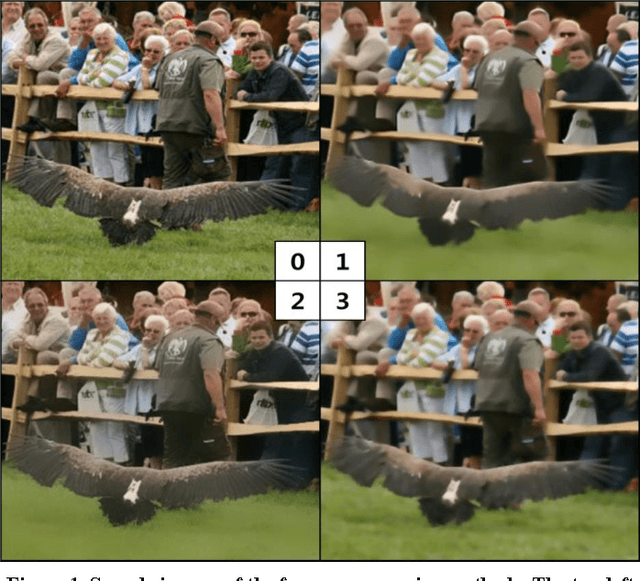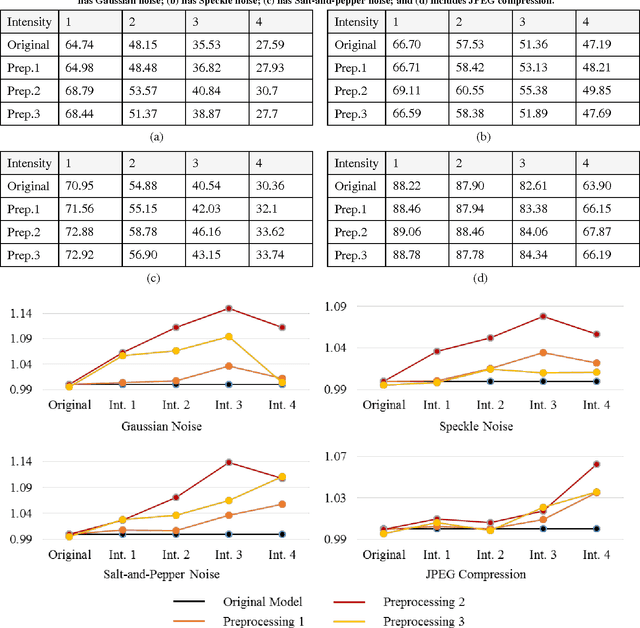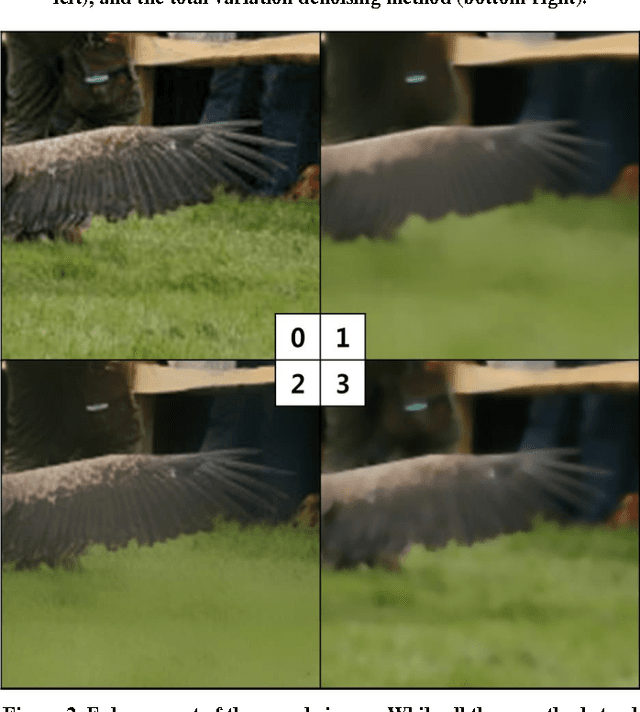Enhancing the Performance of Convolutional Neural Networks on Quality Degraded Datasets
Paper and Code
Oct 18, 2017



Despite the appeal of deep neural networks that largely replace the traditional handmade filters, they still suffer from isolated cases that cannot be properly handled only by the training of convolutional filters. Abnormal factors, including real-world noise, blur, or other quality degradations, ruin the output of a neural network. These unexpected problems can produce critical complications, and it is surprising that there has only been minimal research into the effects of noise in the deep neural network model. Therefore, we present an exhaustive investigation into the effect of noise in image classification and suggest a generalized architecture of a dual-channel model to treat quality degraded input images. We compare the proposed dual-channel model with a simple single model and show it improves the overall performance of neural networks on various types of quality degraded input datasets.
 Add to Chrome
Add to Chrome Add to Firefox
Add to Firefox Add to Edge
Add to Edge